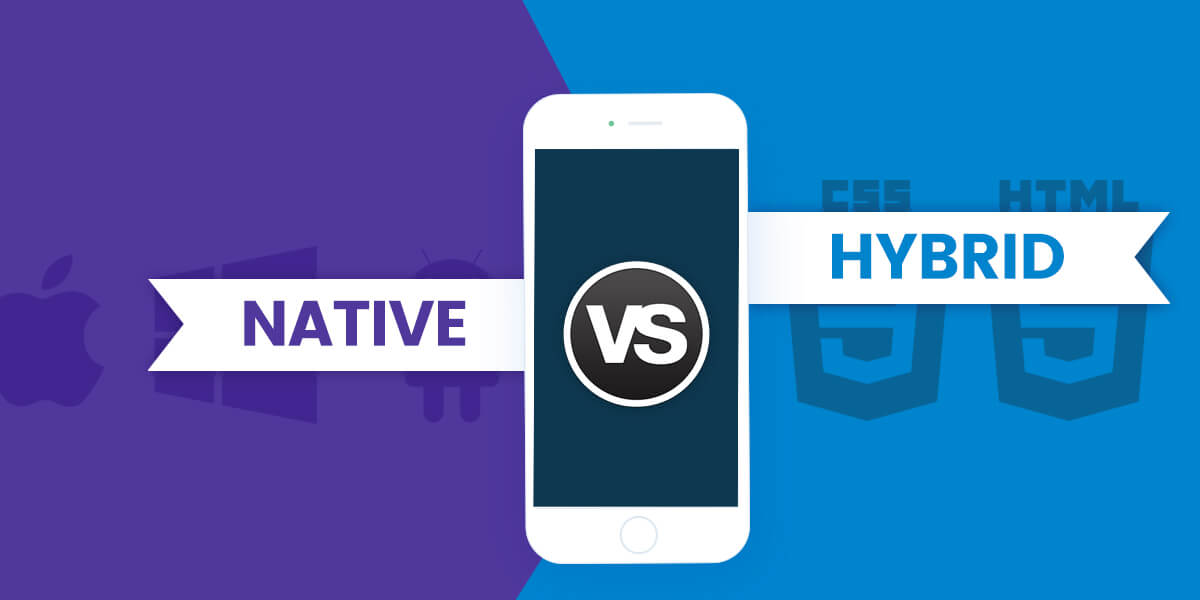Smartphones are in growing each day in large numbers as they offer users great possibilities to connect with various daily life needs most dynamically, anytime anywhere.
This makes it increasingly a need for businesses to get their mobile application developed for their target audiences. The earlier you do this the better it is as you get to touch more client base with a fresh idea that has never been used earlier, offering them a solution that is still not much there.
Well, that’s one thing. Now, when you are all prepared to develop an app for smartphone users you have to choose between technologies, resources, and facilities. The most decisive one is which platform you go with. Further, if you classify it in terms of orientation and corresponding availability of resources you will have to choose between Native and Hybrid mobile app development.
This determination of yours would go far in essaying your user reach and market penetration as well as the return on investment matrix and the overall mobile objective you are proceeding with for a stronger and larger presence of your business or product in today’s market.
Let’s see how native is better than hybrid
Building a native app simply means you are using native speakers to create an app for a certain platform. Take for example Objective-C on iOS for iPhone app development and Java on Android OS for Android app development. Now, this means you are developing an app meeting all the compatibility criteria of the platform which in turn get the apps compiled into machine code.
All this helps you create a high-on performance app. When you build your apps on the native platform you get to see fast and fluid animations and get complete access to the device’s hardware including the latest plug-ins and APIs.
Hybrid over native
Hybrid applications are essentially web apps operating on native browsers like UIWebView in iOS. The developer needs to work via HTML, CSS and Javascript to build the basic functionality of the app and then wrap it into different native apps using technologies like PhoneGap, Sencha, Titanium or SproutCore.
So, you need to just develop the application once and apply it on any medium you like using these cross-platform app building facilities. This simply means that hybrid application development is a faster, simpler, and highly cost-effective way to develop smartphone applications.
Conclusion
Both the ways to develop an app are good in their ways and work fairly well in a practical system at their functional capacities. Neither of them is completely perfect. It completely depends on your requirements as to what you prefer more from the traits they possess individually. If you would like to have more integrity, reliability, and implementation and are ready to invest some money to achieve that quality, you should go with native apps. If you don’t want to spend much and want to have a faster solution across all the leading platforms together with its better you go with hybrid apps.
